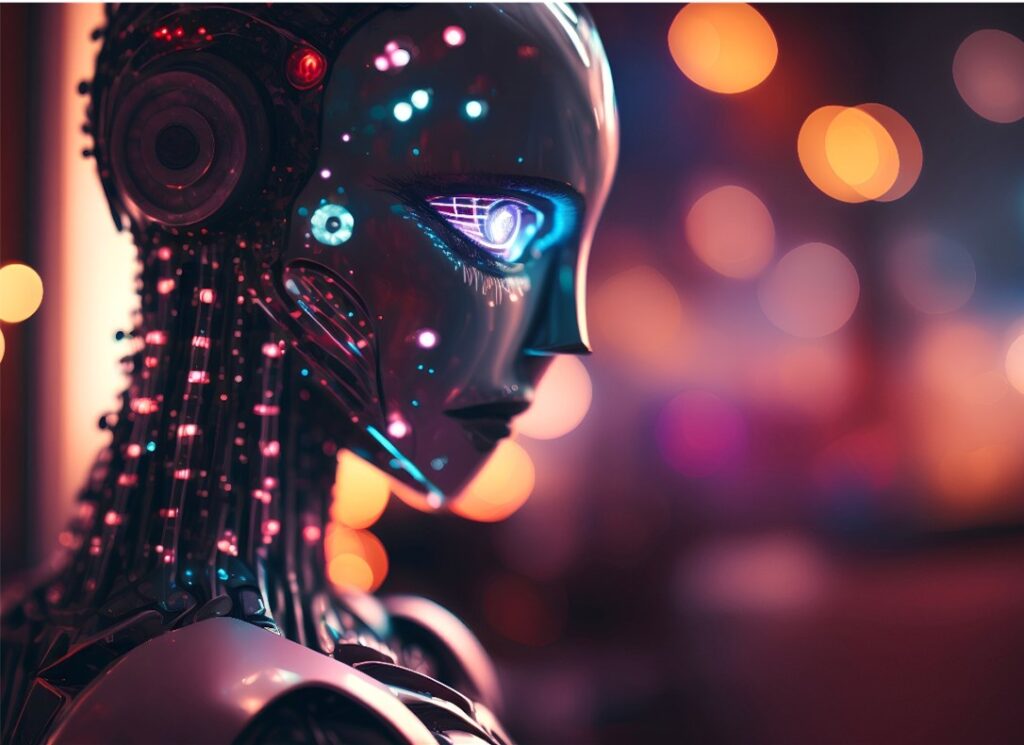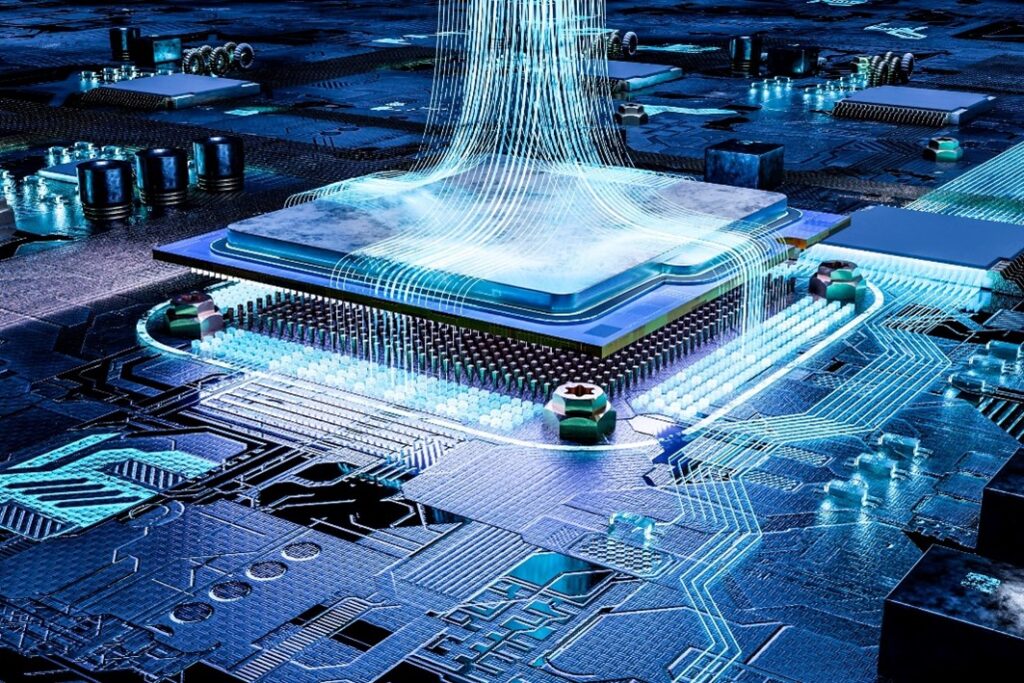
Workers everywhere feel like they are under attack. They wonder if their livelihoods will be at risk with AI programs like ChatGPT becoming more prominent. But amidst the fear Matthew Aladesaye says that people have high hopes about what this new technology can offer. The wake of ChatGPT has also increased awareness about what AI has done, and is still doing, for people everywhere.
To understand what AI currently does for the world, how it works, the following article should answer the various questions regarding these engineering feats, and why AI engineers can expect a lot of work soon.
Artificial Intelligence
According to John McCarthy (via IBM), artificial intelligence (AI) is “the science and engineering of making intelligent machines, especially intelligent computer programs.” AI uses programs to solve problems that could take a human weeks, if not years, to do by themselves. These problems include filtering through data, performing complex equations, and more.
How Do We Use AI
People use AI every day without worrying about it threatening their livelihoods. One of the most common uses of AI is for predictive text or autocorrect. The occasional misuse words in texts is an example of the robot making a mistake.
Other common uses of AI include:
- Product recommendations
- Google Search recommendations
- Self-driving cars
- Spam filters
- Facial recognition
- Virtual assistants
- Eldercare
- Stock exchanges
- Job applications
There are more uses than the ones listed above. AI has had more impact on people’s daily lives than many realize.

How Does AI “Learn”
AI usually uses algorithms, or formulae for processing data, to learn. It does this by looking at hundreds of samples. If, for example, we wanted to teach artificial intelligence to recognize an image of a bee, the engineer would expose the AI to thousands of images of bees. The programs that performed the best would yield new, improved programs, and so on.
This is where AI engineers come in. Their job is to train artificial intelligence on whatever that singular task is. This is easier said than done. The process may start simple, but this training gets so complicated that even the programmer may have trouble explaining how an AI arrives at a certain answer. This is called the “Black Box Problem.”
AI engineers are currently looking into the Black Box Problem. For now, know that if an AI gets something wrong, it is up to a human being to train it differently.
What Does This Mean for the Future
There has been a lot of discourse around advanced AI that can drive cars, take food orders, and write college papers. It is easy to think that there will be a robot to handle any job in the future. While this may be the case centuries from now, as things stand, AI serves as a supplement to most people’s jobs, not a replacement.
An AI is only as good as its inputs. If an AI is trained to detect cancerous tissue, for example, it may also detect the ruler in the photos. For that reason, many jobs are safe from AI domination.
Conclusion
Although the emergence of ChatGPT and AI art generators has creators sweating, many other uses of AI are more harmless. Even if some jobs get lost to AI, many more will use it to make the tedious parts of their jobs easier. Most workers are not in danger of being replaced…yet.

